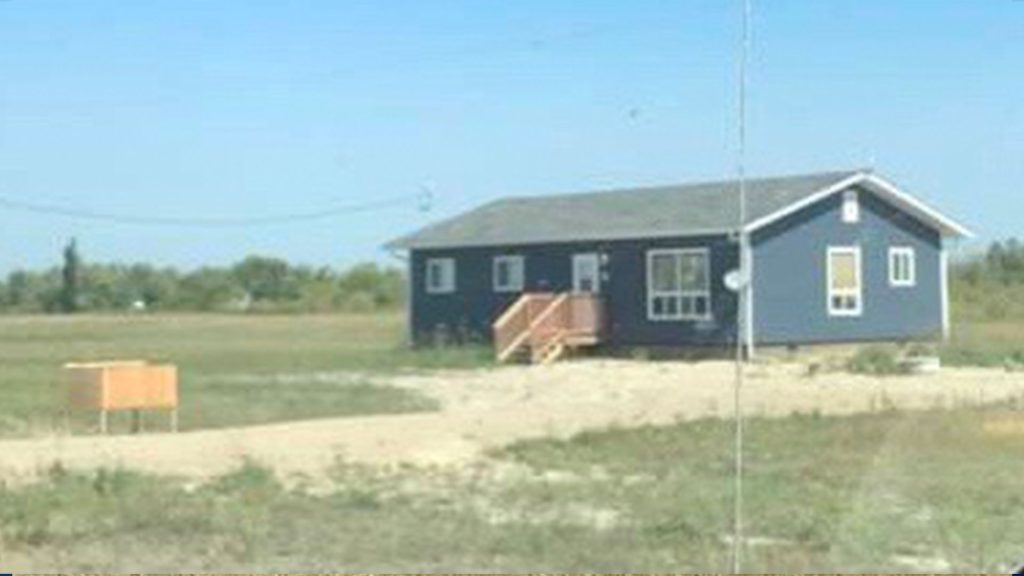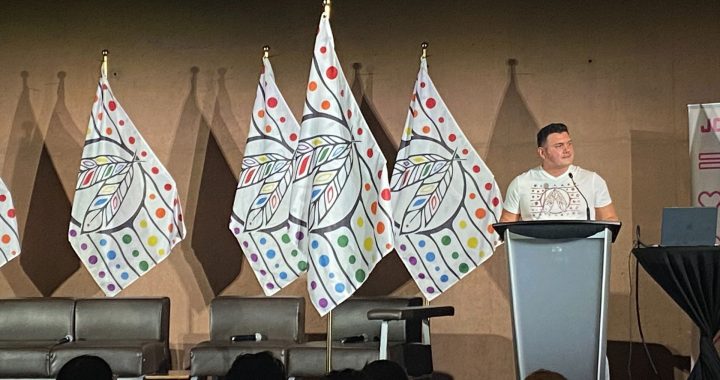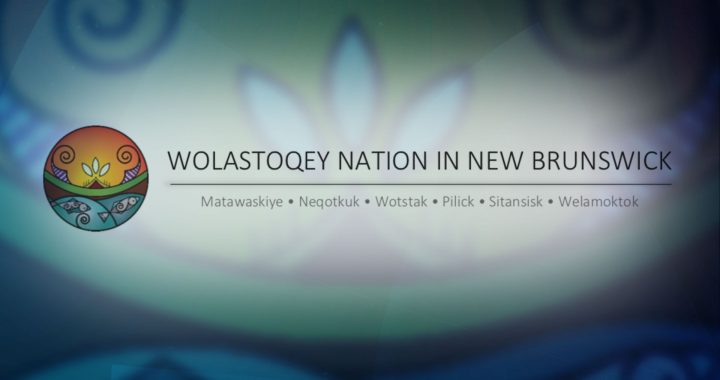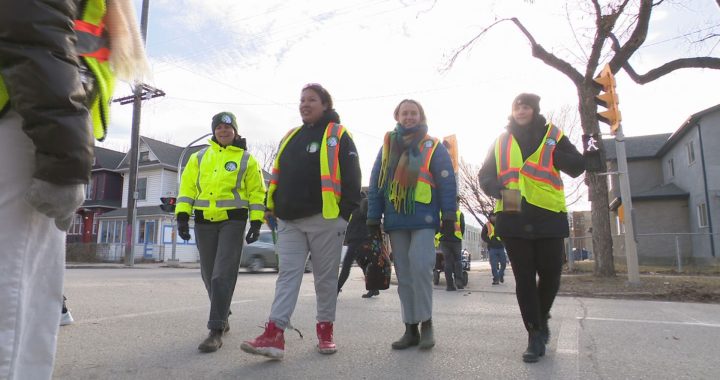
One of the worker housing buildings in Sandy Bay First Nation. Photo: submitted
Sandy Bay Ojibway Nation in Manitoba says it is terminating its relationship with the company building its new water treatment plant amid allegations construction workers sexually exploited an Indigenous girl.
The Manitoba First Nations Police Service is investigating and no charges have been laid.
The First Nation, roughly 200 km northwest of Winnipeg, said it evicted Penn-Co Construction and its sub-contract workers from band-supplied housing last week, in a band council resolution obtained by APTN News.
Penn-Co, located about an hour east of Winnipeg in Steinbach, told APTN it was aware of the eviction and criminal allegations.
Rick Penner, the company’s vice-president of Human Resources, confirmed his work crew was ordered to leave the community last week and said Penn-Co would cooperate with the investigation.
Sandy Bay Chief Trevor Prince and his councillors said in the resolution they took action after learning “workers employed by Pennco Construction and its sub trades have been accused of engaging in sexual acts with underage members of the Sandy Bay Ojibway First Nation community, which constitutes a serious violation of the rights and dignity of our community members.”
READ MORE: First Nations police investigating allegations young girl was sexually exploited
The resolution further stated the band would terminate any existing contracts with the company and report the criminal allegations to construction oversight bodies for investigation.
It would also form a task force to review and update its policies “regarding the engagement of contractors, sub trades, and outside entities who may enter its territory and … specifically focus on safeguarding the rights and protection of our community members.”
Prince did not respond to a request for comment from APTN on Wednesday.
But he called the situation “troubling” in a post on his own Facebook page.
“First and foremost, I want to assure each and every one of you that the Band Council is taking these allegations extremely seriously,” the post said. “The safety and well-being of our vulnerable community members are our top priorities, and we will not tolerate any actions that jeopardize them.
“Swift action was taken to protect our community.”

Prince confirmed a police investigation was underway and promised to keep community members informed.
“Transparency is of utmost importance to us,” his post added, “and we want to ensure that the truth is discovered and justice is served.
“It is disheartening that such [alleged] incidents occur, especially considering the alarming number of Indigenous people who have been victimized and have gone missing across our nation.”
Prince did not elaborate on the crimes and disappearances he was referring to.
Manitoba First Nations Police Service has told APTN it received information about allegations of sexual offences involving a “victim, a minor.”
“This investigation is fluid and ongoing,” said Insp. Jason Colon in an email.
Colon noted his officers were not the ones to “escort” the workers out of the community.
Speaking out
Prince thanked community members for speaking out about the alleged offences.
“Your vigilance is truly commendable, and we encourage anyone with relevant information to come forward and assist in the investigation process,” his post said. “We are here to support you every step of the way.”
The band council resolution said support services like counselling would be made available to “any community members who may have been impacted by the alleged incidents, ensuring their well-being, safety, and access to justice.”
It further asked community members to report anything suspicious.
“We assure you that your safety and confidentiality will be respected throughout the process,” it said.
The resolution does suggest there may be additional victims.
ICE Unit
Alaya McIvor, a member of the community and a sex-trafficking survivor, told APTN the Internet Child Exploitation or ICE Unit of Manitoba RCMP has been asked to assist with the investigation.
However, Manitoba RCMP did not respond when asked for confirmation by APTN.
McIvor said the workers lived in a handful of five-bedroom homes and ate meals prepared and served in the community. She said each bedroom housed one worker.
“The reserve let them go from their employment and escorted them off the reserve after supporting and housing them,” McIvor said.
“My understanding is they were hand-delivered their BCR [band council resolution] and then shortly after escorted out and off the community.”
Indigenous Services Canada, which provides funding and guidance for the construction of water treatment plants on First Nations, has yet to provide information on the treatment plant construction project to APTN.









